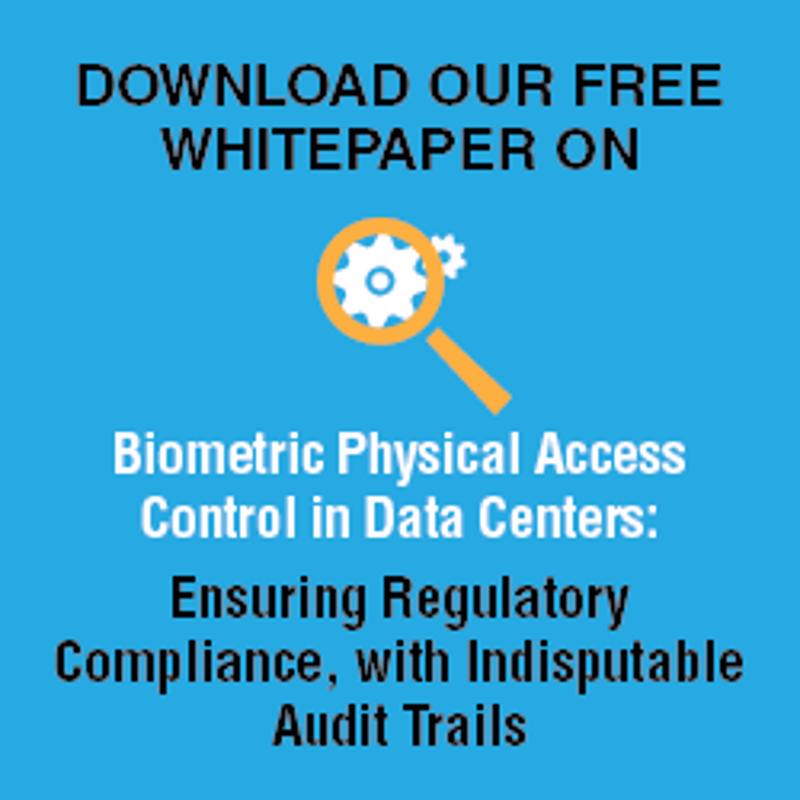The financial sector has become one of the most frequent targets of data breaches. However, many banks lag behind when it comes to the development of infrastructure security. Business leaders in this industry would be wise to consider biometric technology from Digitus, which would provide comprehensive access control for high-risk entities.
Verizon report highlights threats to financial institutions
Verizon recently unveiled its 2014 report on data breach investigations and found 79,790 security incidents and 2,122 confirmed data breaches in 61 countries, according to American Banker.
The news outlet analyzed the study and connected several of the most significant findings to the banking sector. For example, Verizon focused on the emergence of compound attacks – when one security breach is intended to precede another attack.
Bob Rudis, a managing principal at Verizon and an author of the report, said that denial of service has becoming an increasingly common motive for cyberattacks in the financial space, American Banker noted. He added that greater information sharing can be used as an effective way to boost access control awareness. The report found that 75 percent of cyberattacks move from the first victim to the second in a 24-hour time frame, and more than 40 percent of the breaches reach the second organization in one hour or less.
"It takes seconds or a few minutes for the attacker to compromise a system," Rudis told the news outlet. "Without information sharing, it takes hours, days or even weeks to detect a compromise."
"Many banks lag behind when it comes to developments of infrastructure security."
New York financial department aims to further secure bank data
The New York State Department of Financial Services noted that nearly 1 in 3 banks in the state do not mandate data breach notifications from third-party vendors. Benjamin Lawsky, the superintendent of financial services for the department, said that he intends to swiftly address the widespread oversight.
"A bank's cybersecurity is often only as good as the cybersecurity of its vendors," Lawsky said in the release. "Unfortunately, those third-party firms can provide a backdoor entrance to hackers who are seeking to steal sensitive bank customer data. We will move forward quickly, together with the banks we regulate, to address this urgent matter."
The department also found that about 20 percent of banks do not require minimum data security requirements from third-party vendors. Biometric security would be a natural advancement for the industry, which continues to face the ramifications of underdeveloped security measures.
